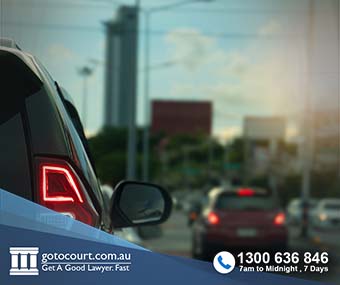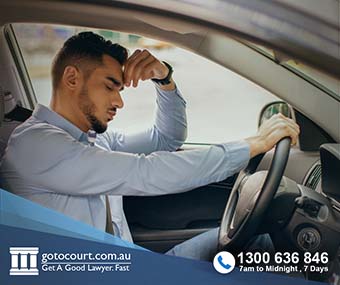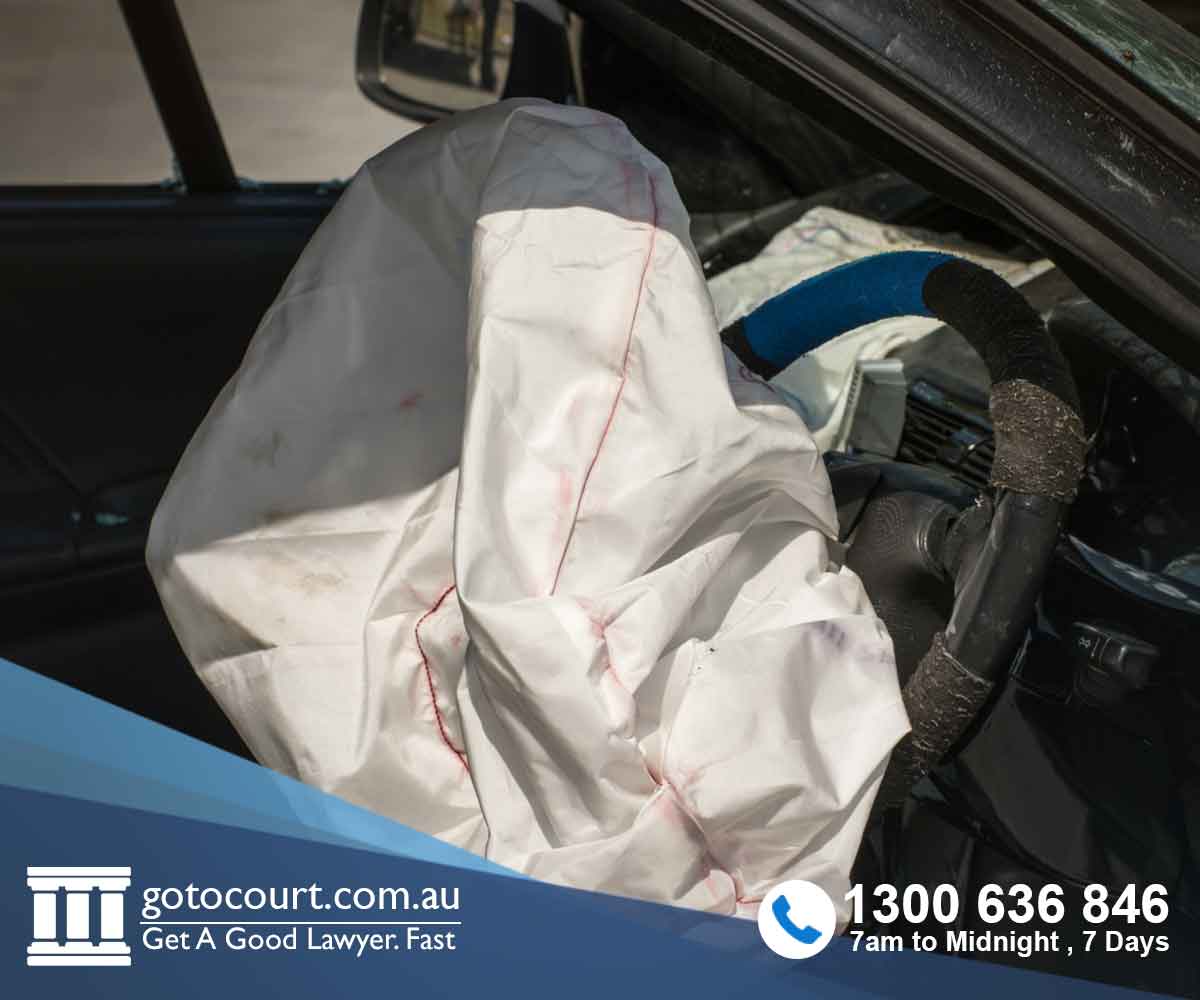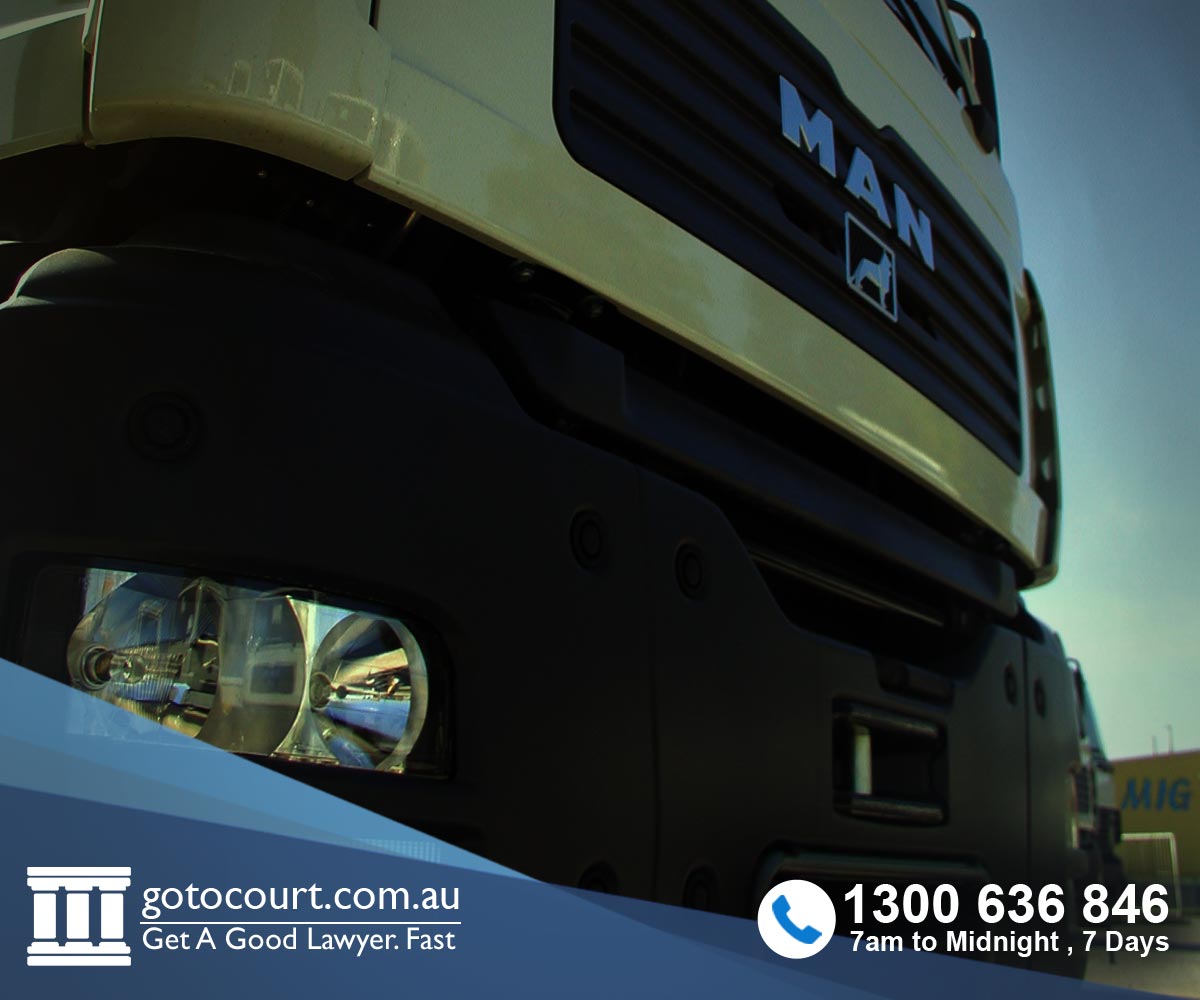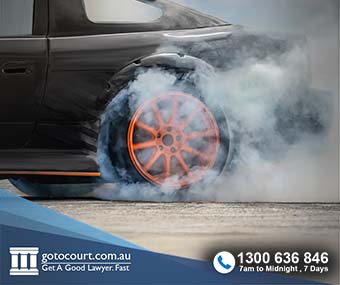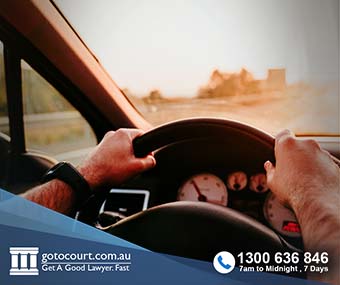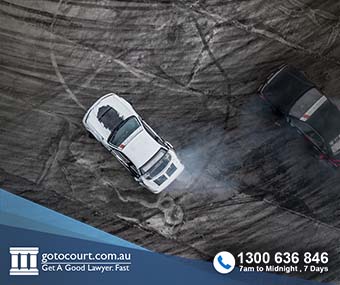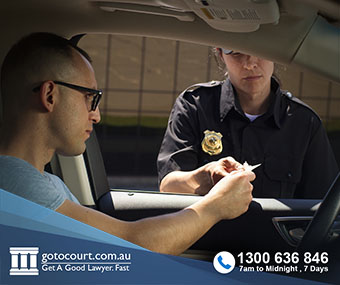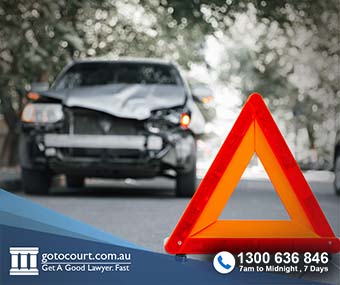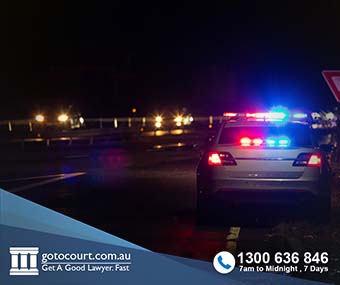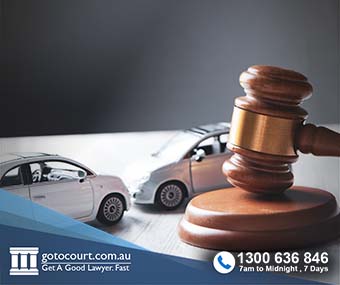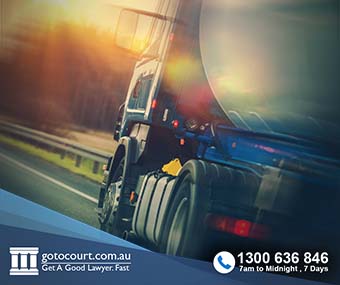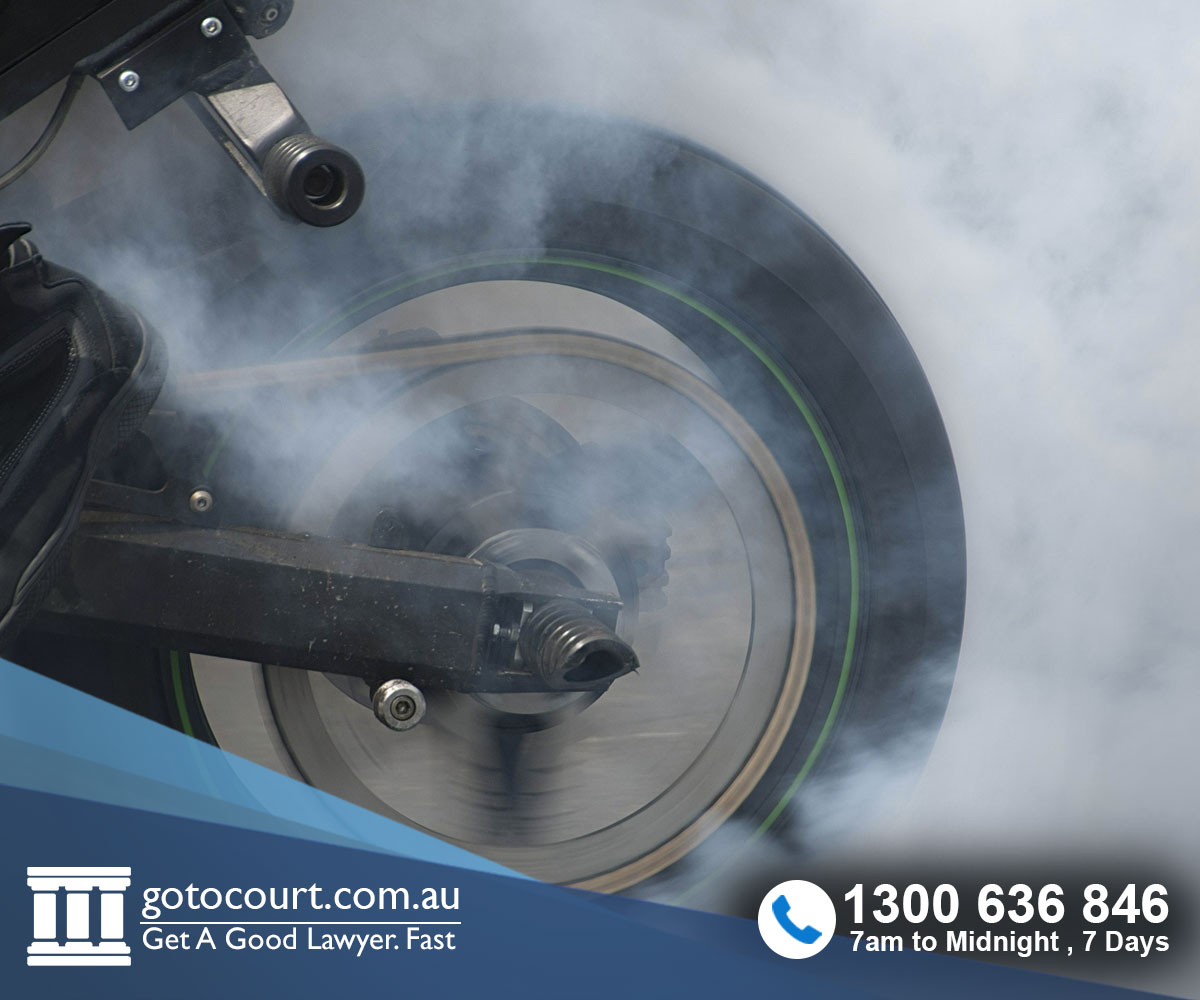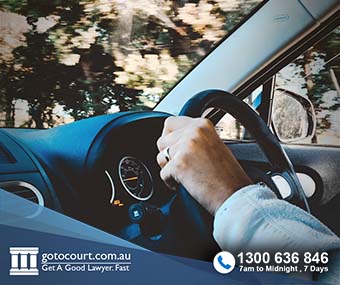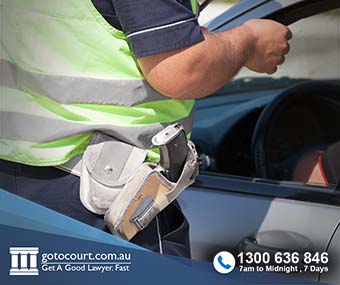Heavy Vehicle Traffic Offences in Tasmania
Heavy Vehicle Traffic Offences in Tasmania
In Tasmania, the Heavy Vehicle National Law (HVNL) commenced on 10 February 2014. This law introduced a national system to regulate all heavy vehicles over 4.5 tonnes GVM, including special purpose vehicles and buses. The majority of Australian states and territories have adopted this law. The National Heavy Vehicle Regulator (the Regulator) oversees the law which applies to everyone involved in the chain of responsibility for the vehicles. The chain of responsibility means that everybody, not just the driver, has responsibility for the vehicle and can be charged with heavy vehicle traffic offences in Tasmania.
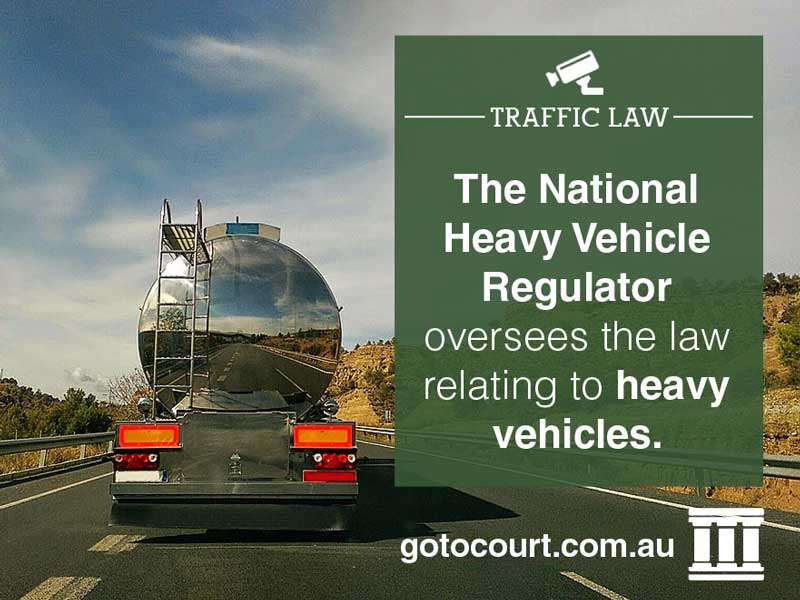
Heavy vehicle driver fatigue laws
National fatigue management laws commenced in Tasmania on 30 March 2015. They apply to a truck or combination with a GVM over 12 tonnes and to a bus that seats 12 or more people (including the driver). The laws are within the chain of responsibility regime. This means that people other than the driver can be charged with an offence. It is an offence for a driver to drive when their ability to do so is affected by fatigue. Every person in the chain of responsibility is obligated to take all reasonable steps to make sure that a person does not drive a fatigue-regulated heavy vehicle while affected by fatigue. The specific obligations of a person vary depending on their role in the chain. A person may be found guilty of this offence even if no one drove while fatigued.
Work and rest hour’s offences
Work and rest hour offences are divided into four categories – minor, substantial, major and critical. The offences carry substantial fines and major risk and critical risk breaches also carry demerit points. The categories are calculated on the minutes a person works outside of their allowable work hours or allowable rest hours. A driver may be able to defend these charges by showing that they took sufficient breaks, that they did not appear to be fatigued, or that their manner of driving has another explanation. A person who is in the chain of responsibility who is charged with an offence may be able to rely on the reasonable steps defence.
Overloading offences
The penalties for an overloading offence are calculated on how much the load exceeds the allowable weight, whether the person charged is an individual or a corporation and if this is a first or a subsequent offence.
- A minor risk breach – less than 5% over the allowable weight.
- A substantial risk breach – from 5% to 20% over the allowable weight.
- A severe risk breach – more than 20% over the allowable weight. For these offences the penalty will increase with every percent that the overload weight is greater than 20% of the allowable weight
If a vehicle is overloaded, any of the people in the chain of responsibility can be charged with an offence. These people may be able to rely on the reasonable steps defence.
Speeding offences
Every person who is responsible for the use of a heavy vehicle must take all reasonable steps to make sure that their activities do not make the vehicle’s driver exceed the speed limits, or they may commit an offence. This includes;
- A person/s who schedules the activities of the vehicle or its driver.
- A loading manager who is responsible for loading goods onto or unloading goods from the vehicle.
- A person with responsibility for consigning or receiving the goods.
Under the law, if a speeding offence is committed by the driver, their employer, contractor or operator is also considered to have committed an offence. All those in the chain of responsibility may rely on the reasonable steps defence.
Record keeping offences
The HVNL requires that proper records are kept of specific information for drivers of fatigue regulated heavy vehicles. The person who is responsible for keeping those records will depend on the driver’s employment status, but may be the employer, accredited operator, or the driver. These records must be kept for three years and must be produced for inspection when required.
Penalties for offences
The Regulator provides a table of penalties which sets out the offences and penalties under the HVNL. The penalties available are;
- Formal warnings – these can be given to a person who has taken all reasonable steps to prevent any breach of the law and who was unaware that the law had been breached. Formal warnings cannot be given for a breach of a mass, dimension or loading requirement if the breach is a substantial risk breach or severe risk breach. A warning can be withdrawn within 21 days and other action taken against the person for the offence.
- Infringement notices can be issued for a fine and/or demerit points.
- Court proceedings – the court has the power to give fines, demerit points, commercial benefits penalty orders, cancel/suspend vehicle registration, impose prohibition orders , impose supervisory intervention orders or make compensation orders.

Affordable Lawyers
Our Go To Court Lawyers will assist you in all areas of law. We specialise in providing legal advice urgently – at the time when you need it most. If you need a lawyer right now, today, we can help you – no matter where you are in Australia.How It Works




1. You speak directly to a lawyer
When you call the Go To Court Legal Hotline, you will be connected directly to a lawyer, every time.

2. Get your legal situation assessed
We determine the best way forward in your legal matter, free of charge. If you want to go ahead and book a face-to-face appointment, we will connect you with a specialist in your local area.

3. We arrange everything as needed
If you want to go ahead and book a fact-to-face appointment, we will connect you with a specialist in your local area no matter where you are and even at very short notice.

